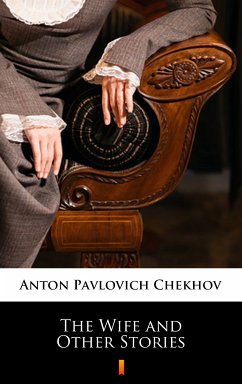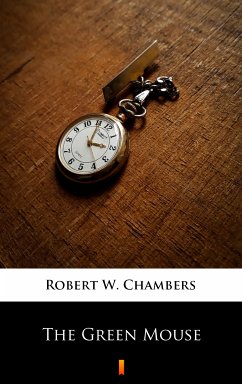
The Black Monk and Other Stories (eBook, ePUB)
Versandkostenfrei!
Sofort per Download lieferbar
3,49 €
inkl. MwSt.
Weitere Ausgaben:

PAYBACK Punkte
0 °P sammeln!
This is a story about psychological and spiritual health, about true happiness, about loneliness and about genius. The main character finds complete spiritual harmony and happiness only in a state of mental illness, when he sees hallucinations in the form of a mysterious Black Monk, with whom you can talk for hours about the eternal, true, truly valuable. This is definitely one of the best works of Anton Pavlovich on the topic of madness and, at the same time, quite a calm, emotional and touching story about the life of one "simple" genius.
Dieser Download kann aus rechtlichen Gründen nur mit Rechnungsadresse in A, B, BG, CY, CZ, D, DK, EW, E, FIN, F, GR, HR, H, IRL, I, LT, L, LR, M, NL, PL, P, R, S, SLO, SK ausgeliefert werden.













